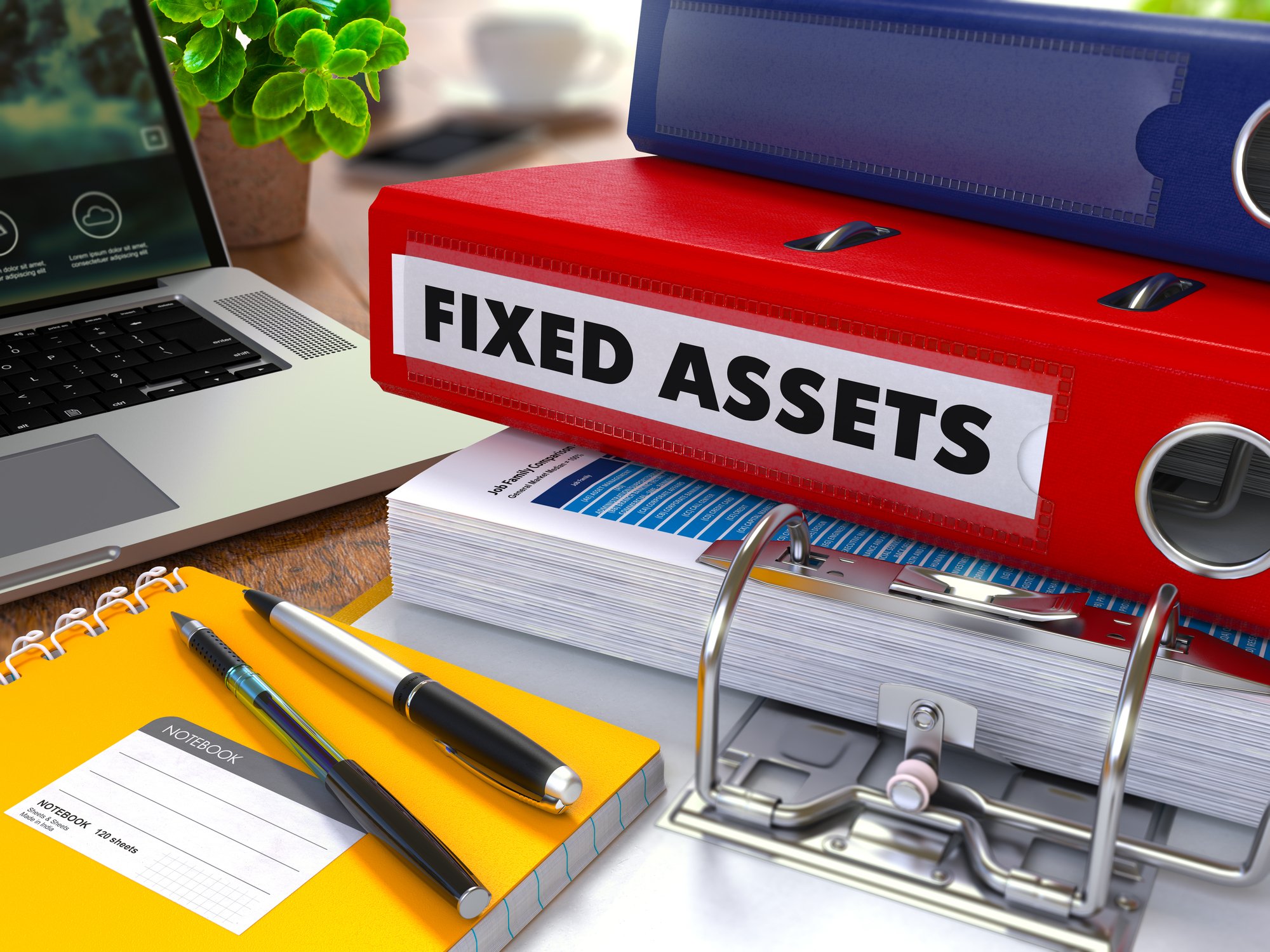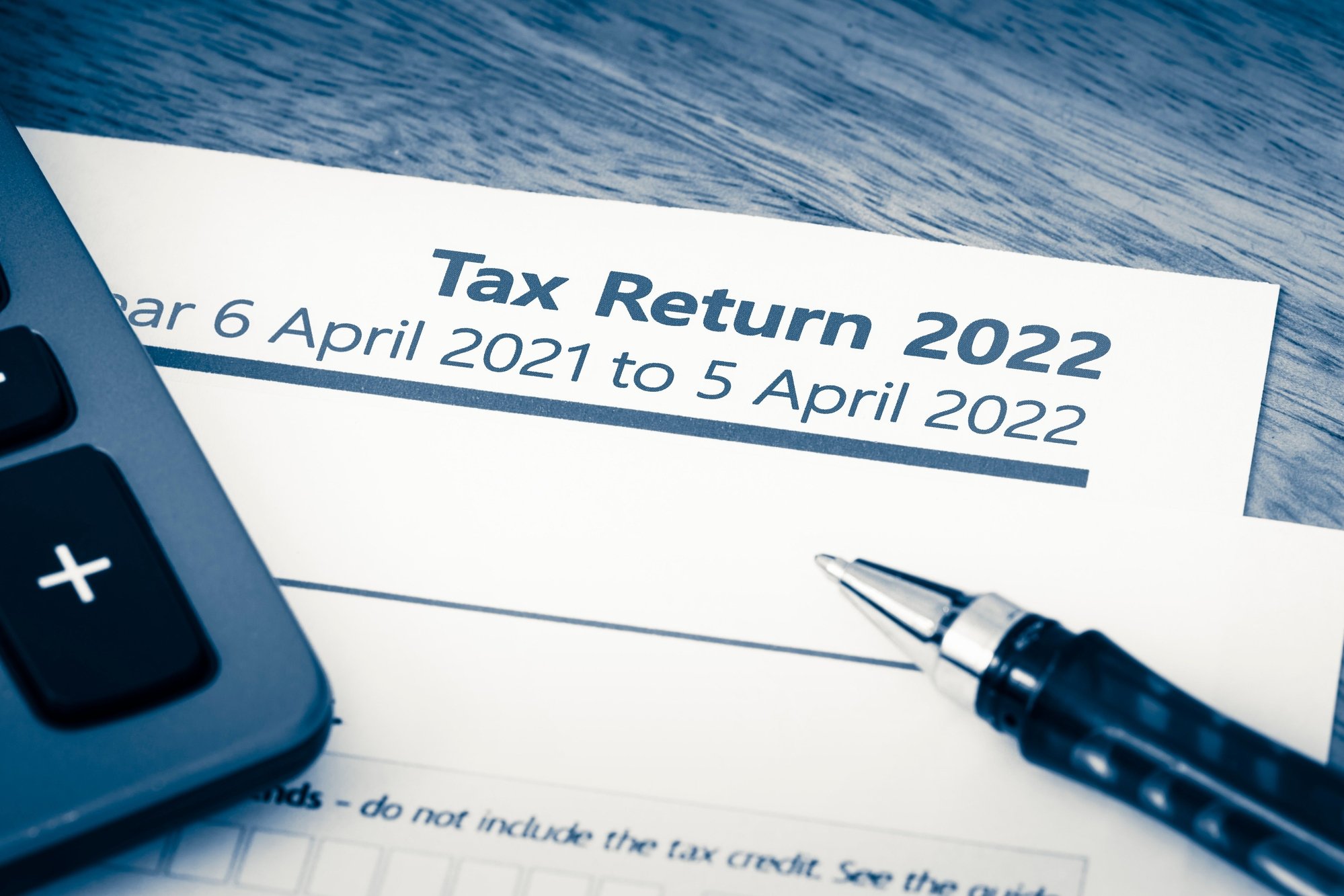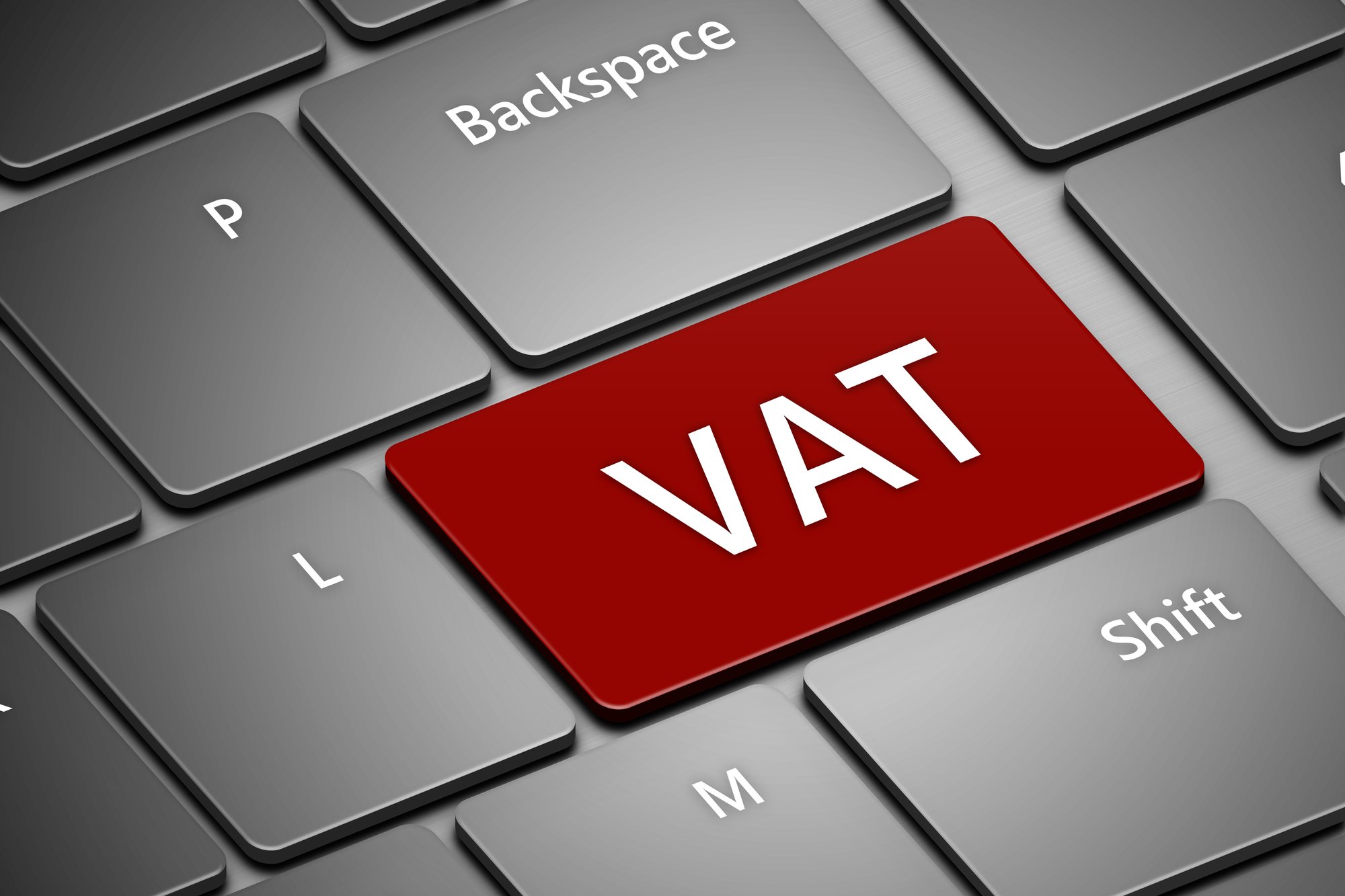
Intellitax Blog

Common Tax Deductions for the Self-Employed
As a self-employed individual, it's important to manage your business finances efficiently, including taking advantage of any tax deductions that you're eligible for. Here are some common tax deductions to consider. This is not an exhaustive list, so it’s always better to consult a professional.

An Introduction to Capital Allowances
As a small business owner in the UK, it's important to take advantage of every tax break available to you. One such tax break is capital allowances, which allow you to claim tax relief on certain assets that you purchase for your business. In this post, we'll explain what capital allowances are, the different types of capital allowances available, and how to claim them.

A Beginner's Guide to Self Assessment Tax Returns
If you're a self-employed individual or receive income from sources other than your main employment, you may be required to complete a self-assessment tax return. This can seem daunting if you're unfamiliar with the process, but it's important to file accurate tax returns to avoid penalties and ensure compliance with UK tax laws. This beginner's guide will walk you through the basics of self-assessment tax returns.

5 Ways to Boost Your Sales in 2023
As a small business owner, it's important to be on the lookout for new opportunities to boost your sales. While there is no one-size-fits all approach to boost sales volume, there are a number of tried-and-tested strategies you can apply to increase sales and revenue in 2023.

VAT and Your Business's Cashflow
If you run a small business, or if you’ve read the other article in our series, you're probably becoming very familiar with VAT and how it affects your bottom line. But did you know that VAT can also have a significant impact on your business's cashflow? In this final article in our series on VAT, we'll explore how VAT works, and how it can impact your cashflow as a small business owner.

VAT Accounting Schemes
Continuing our series looking at VAT, in this article we’re looking at different VAT schemes. Many business owners don’t know that HMRC offers several different VAT accounting schemes that businesses can choose from.

The pros and cons of voluntary VAT registration
As we discussed in our previous article, VAT is a tax that businesses charge to their customer on the goods and services they sell. If your business has an annual turnover that is below the VAT threshold, currently £85,000, you are not required to register for VAT, but you may choose to voluntarily register. You can do this even if you are under the threshold.

5 Key Steps to Ensure Your Small Business is Ready for Anything
If the pandemic taught us anything, it's to expect the unexpected.
No-one could have foreseen the huge impact that COVID-19 would have on our lives and livelihoods, and the many ripple effects that have followed.
Now, facing labour shortages, rising costs, and a shrinking economy, small businesses are faced with yet another set of challenges.
It's certainly been a dramatic few years but the truth is that in business, it's never going to be plain sailing. There's always going to be some new twist or problem on the horizon. Your job is to ensure that your organisation is prepared for whatever comes your way.
With that in mind, here are five key steps to take to ensure that your small business is ready for anything.

VAT - An Introduction
In this first of a series of blogs about VAT, we aim to provide a beginner's guide to VAT in the UK, covering key topics such as registration requirements, VAT rates, and returns and payments. We will take a look at the details of VAT, who needs to register, and the implications of not registering, to help you get a better understanding of how VAT works in the UK.

Measuring Business Success: 5 Ratios Every Owner Should Know
As a business owner, it's essential to have a solid understanding of your financials. This is one of the benefits of having a professional bookkeeper.
While you might not understand everything that the Profit and Loss Account or Balance Sheet tells you, there are some quick rations that every business owner should know. This creates a quick way to monitor your financials and compare them over a number of years.
